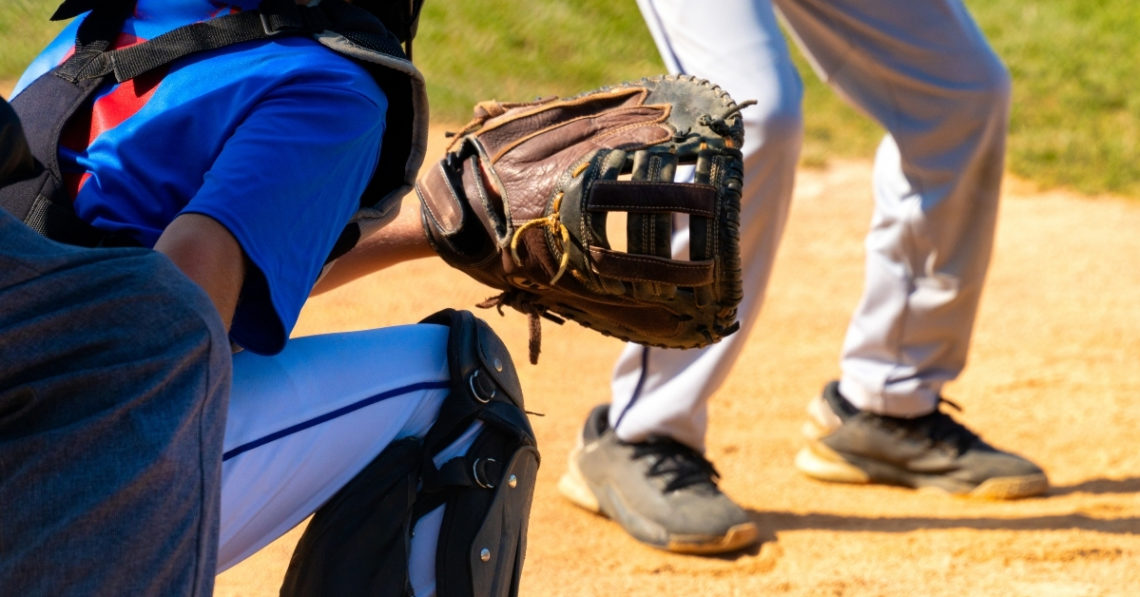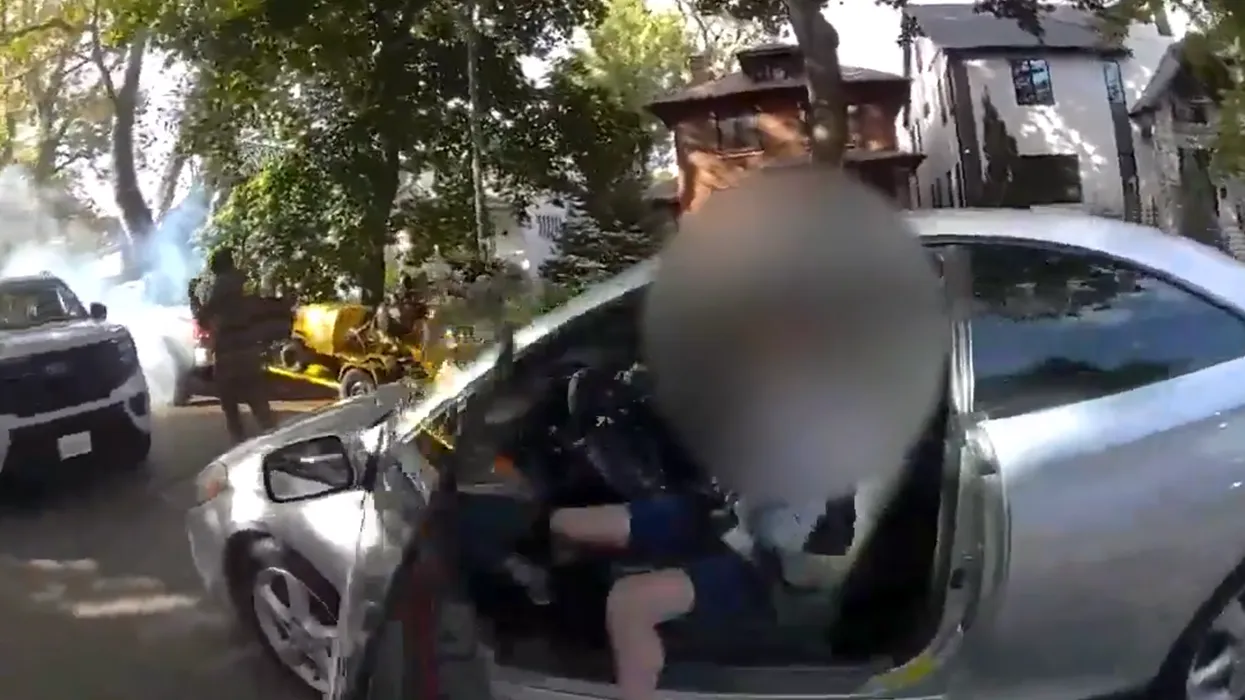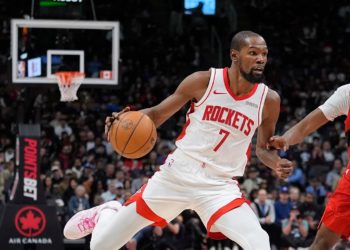Private equity firms ruin damn near every business they snatch up. That’s by design. It’s the entire point. They recently did it with Party City. Then they did it with Toys “R” Us and KB Toys. Private equity firms only care about what a business looks like on paper—not if it’s actually healthy and thriving.
These firms are akin to a house flipper who remodels a home as cheaply as they can with the lowest quality products, using the most inept contractors possible to flip the home to an unsuspecting buyer.
That’s why a report from The New York Times on the infiltration of private equity into youth sports is such a depressing read. If you’ve been to a youth sports tournament recently and felt like you accidentally wandered into a minor league stadium crossed with a theme park, it’s because youth sports leagues are increasingly being sold to private equity firms.
Those firms are pricing out underprivileged communities as they cater exclusively to the wealthy parents of youth athletes who display even a modicum of talent.
After Running Every Other Industry, Private Equity Is Dead Set On Ruining Youth Sports Next
The Times report follows a man named Jon Bash, a New York diner owner and a baseball dad, who spent a decade chasing his son Jesse’s baseball dreams. He spent thousands sending Jesse to a private equity-owned facility. Jesse will play college ball, and who knows? Maybe he even makes it to the majors one day.
So far, to Bash, it’s all been money well spent. But the world of professional sports has no guarantees. There are only so many teams with so many open roster spots. With thousands of kids who have parents willing to fork over the tens of thousands required to play in these leagues and attend these training facilities, the only people guaranteed to succeed here are the ones who run these businesses.
Josh Harris and David Blitzer, the billionaire owners of the Philadelphia 76ers, are major players in the world of private equity youth sports. They saw a potential gold mine. So they launched Unrivaled Sports, a company that gobbles up youth leagues and the fields they play on with the intent of making a fortune off the hopes and dreams of children.
It’s Little League meets the depressing dystopia of late-stage capitalism. Where nothing can be good and pure anymore. Something can’t exist for its own sake. It has to turn an enormous profit, or it is an abject failure and it’s ripped to shreds, leaving a gaping hole in its wake that at one point provided a sense of community.
The youth sports industry hauls in tens of billions a year, and it’s no secret why. Places like IMG Academy, a sports-centric boarding school in Florida, tuition clocks in at around $85,000 a year.
For that money, kids get pro-level coaching, careful dietary monitoring from nutritionists, and mental performance labs that look like they were built to train astronauts, not volleyball players.
It’s all a part of the new American dream. You can’t just play the game to have fun with friends. And learn some valuable lessons about winning and losing, or the benefits of hard work.
It’s now a multibillion-dollar industry intent on creating a pipeline directly from youth sports to professional sports. Even though spending thousands of dollars on tuition offers no guarantees that your kid will find a way to make a living in a profession where vanishingly few find success.
Natural talent and the hard work behind it still matter more than anything. But it seems like private equity is preying on wealthy parents who are easily separated from their money.
With big moneyed interests in charge, the financial barrier is going to rise, pricing out the financially strapped kids who may have otherwise found tremendous success in the wide world of professional sports in some capacity. But now, a lot of them won’t be able to even begin walking that path since the soul of youth sports has been sold to private equity.
The post Is This the End of Youth Sports? appeared first on VICE.




